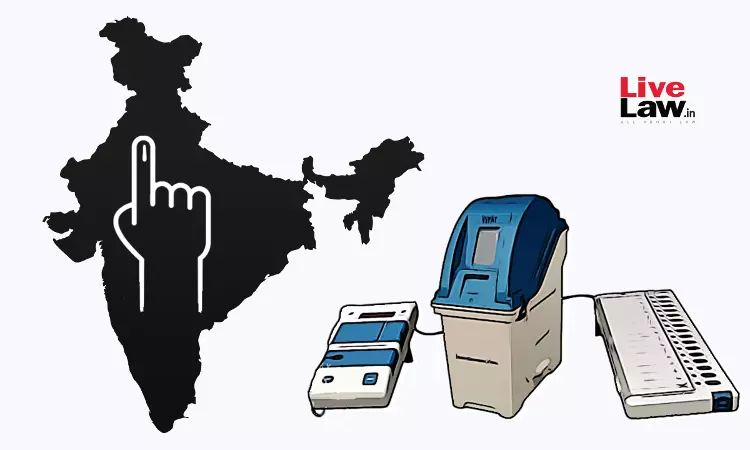The High-Level Committee (HLC) appointed by the Central Government has submitted its report on "one nation, one election," advocating for simultaneous elections to Lok Sabha, State Legislative Assemblies, and local bodies. Headed by former President Ram Nath Kovind, the committee submitted its extensive 18,626-page report to President Droupadi Murmu. Established in September of the...

